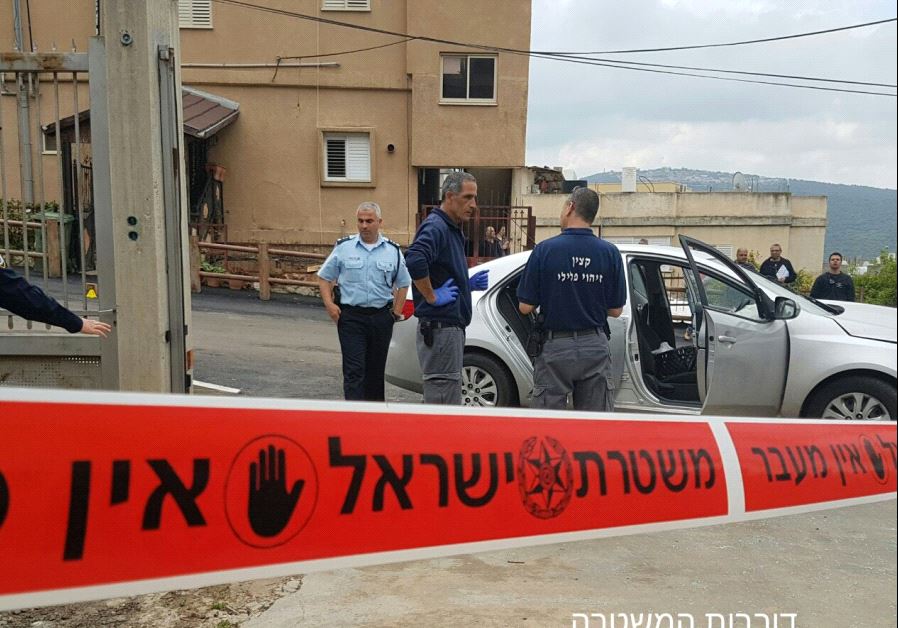Israeli Arab leaders: Police part of crime problem in Arab society
In letter to Erdan and Alsheich, Arab officials demand probe of policing in their sector.
 Police at the scene of a crime in Rameh in northern Israel(photo credit: ISRAEL POLICE)Updated:
Police at the scene of a crime in Rameh in northern Israel(photo credit: ISRAEL POLICE)Updated: